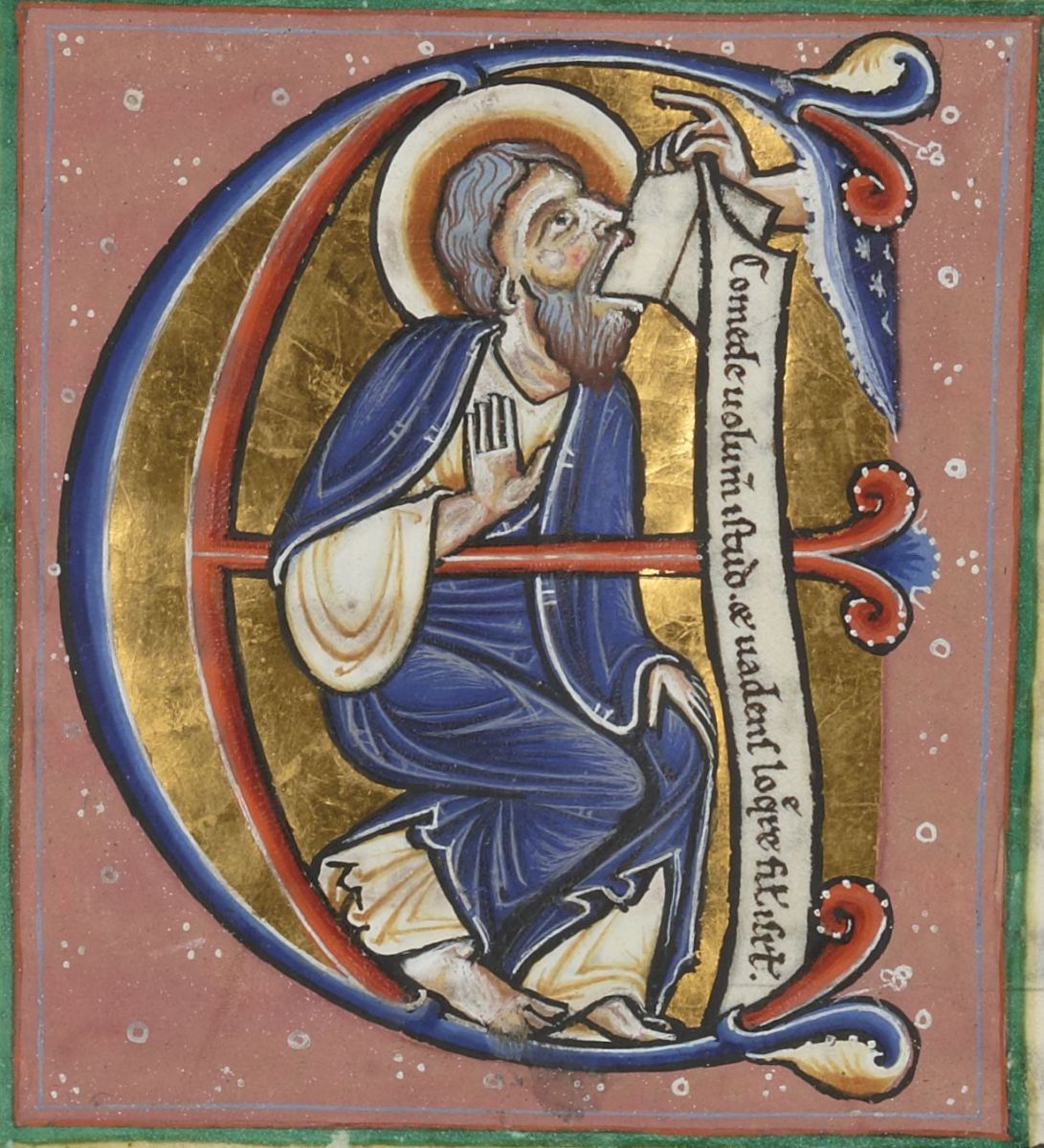“He said to me, O mortal, eat what is offered to you; eat this scroll, and go, speak to the house of Israel. So I opened my mouth, and he gave me the scroll to eat. He said to me, Mortal, eat this scroll that I give you and fill your stomach with it. Then I ate it; and in my mouth it was as sweet as honey.” –Ezekiel 3:1-3
In the fall of this past year I led a discussion of Peter Gomes’ The Good Book. In it Gomes methodically and concisely lays out for readers what the Bible is (and is not) giving careful consideration to portions of the Bible that have been used to cause harm, such as justifying slavery, throughout history. His point, more than addressing difficult topics, is that the Bible is a dynamic, living word. It is something that past, present and future generations have gone to and will continue to go to in order to make sense of the times they live. In other words it is a collection of books from which God is still speaking. When we had finished our discussion many admitted that they were hungry for more study of this dynamic and living word.
There is one fact from the book that I want to share: out of the mainline denominations the Episcopal Church’s Sunday worship (Morning Prayer or Eucharist) has the most scripture read aloud or incorporated into its prayers and hymns. Does this surprise you? It surprised most of the people participating in the book discussion. It came as a surprise to many because there are many jokes about Episcopalians and their lack of knowledge concerning the Bible.
There are several reasons for our general lack of scriptural knowledge, one is perhaps that we as a society aren’t very good listeners anymore and if my kids are any indication, this trend is only worsening. Before most of the world could read, people had remarkable recall when it came to things they had heard. We’re not used to listening like that anymore because we don’t have to. So even though we hear a lot of scripture on a Sunday morning, we don’t necessarily remember it. Another reason is more tied to our theology. Anglican tradition, of which the Episcopal Church claims as its heritage, is deeply committed to the Eucharist. In recent history, since the 1979 Book of Common Prayer, our Sunday worship has increasingly and almost exclusively consisted of celebrating the Eucharist. Morning Prayer can still be found in some places on Sunday mornings, but it’s not overly common. The movement of our Eucharistic liturgy drives us to the table to be fed, to receive the body and blood of Christ; from this meal we are then nourished and sent back out into the world for our primary act of worship, service. This is the movement most of us deeply identify with in our ritual worship—coming to the table.
In these times of social distancing we are currently living in, many of us feel the void that has been created by the absence of our Eucharistic practice, in particular the absence of the bread and wine. As I wrote in a previous post, I invite us to name that loss and to enter into the longing we feel; this naming is a deeply faithful act as it expresses our faith that we will not be defeated by this nor will God be defeated.
Let’s step back for a moment to our Anglican Tradition which will then bring us back to Gomes, where this whole thing started. Eucharist is not sacrament only. Eucharist is both Word and Sacrament; we hear God’s Word proclaimed and then reflected upon through the sermon as another act of proclamation. There is no Eucharist without God’s Word, just as there is no Eucharist without the sacrament. We find ourselves in a time where the Body of Christ cannot assemble and without the body gathered around the font, lectern, and table is anything else truly Eucharist? When we take communion to one another in the hospital or at home, we are taking it as an extension of the body gathered in worship.
Hope remains, however. We still have with us God’s Word. There is an opportunity here for us I believe, to come together around the Word with our families or by ourselves and meet there in the word Christ Jesus, whom we proclaim as the Living Word. As Ezekiel learned from God the Word of God can be consumed, digested; it can fill our stomachs and we may even find it as sweet as honey. There is within our scriptures more than enough to sustain us until we can gather in Eucharist again.
While Gomes may have pointed out the general lack of knowledge concerning scripture (not only for Episcopalians by the way) I believe this insight included an invitation. Instead of feeling embarrassment around our lack, I think we are being invited to recognize a hunger within ourselves for the Word of God in our lives. We know this hunger on a Sunday as the hunger that drives us to the table; but perhaps that hunger is only revealed to us through the proclamation of the Word; the Word remains.

